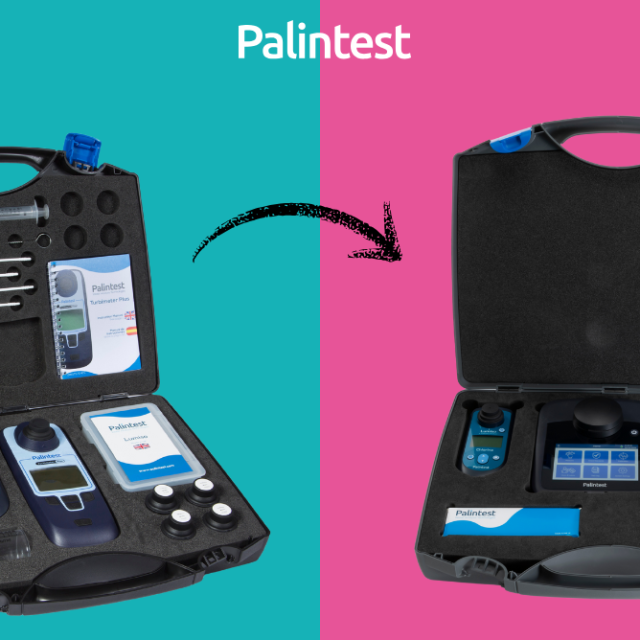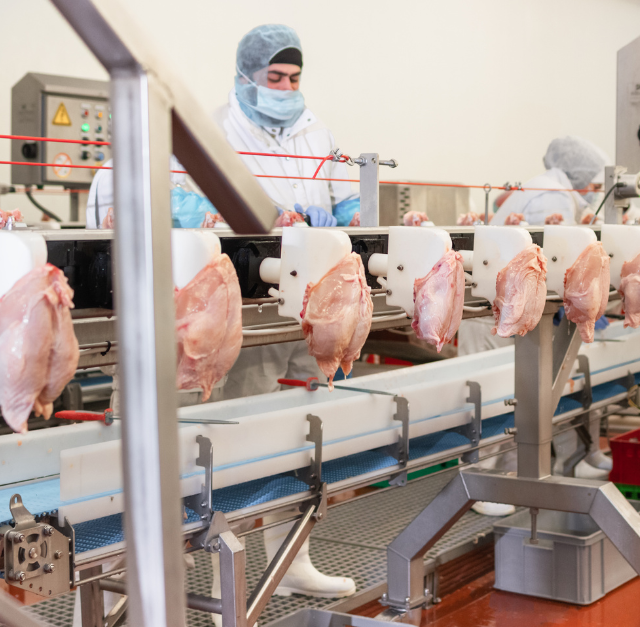
The Risks of Abnormal Free and Total Chlorine Levels in Humanitarian Water
Maintaining appropriate levels of free and total chlorine in humanitarian water supplies is critical. In these settings, water quality directly impacts the health and safety of individuals who often rely on limited resources for their water needs. Both insufficient and excessive chlorine levels can pose significant risks.
Health Risks from Low Chlorine Levels
Insufficient chlorine levels in humanitarian water supplies can lead to serious health risks. Low chlorine levels may not effectively eliminate harmful pathogens, including bacteria and viruses, from the water. This can result in the spread of waterborne diseases, which are a major concern in humanitarian situations where healthcare resources are often stretched thin. Ensuring adequate chlorine levels is essential for disinfection and preventing outbreaks of diseases like cholera and dysentery.
Concerns with High Chlorine Concentrations
Conversely, excessive chlorine levels can also be problematic. High concentrations of chlorine in water can lead to adverse health effects, such as skin irritation, eye problems, and gastrointestinal discomfort. In addition, overly chlorinated water can have an unpleasant taste and odor, leading to reduced water consumption which can be particularly detrimental in environments where access to water is already limited.
Impact on Vulnerable Populations
In humanitarian contexts, vulnerable populations, including children, the elderly, and people with weakened immune systems, are at increased risk from both low and high chlorine levels. It’s crucial to balance chlorine levels to protect these groups while ensuring the overall effectiveness of water treatment.
The Importance of Regular Monitoring
Regular testing and monitoring of chlorine levels are key to managing these risks. It ensures that the water remains safe to drink and use while maintaining its palatability. Humanitarian organizations and workers must be equipped with the necessary tools and knowledge to carry out effective water quality testing and adjust treatment processes as needed.




